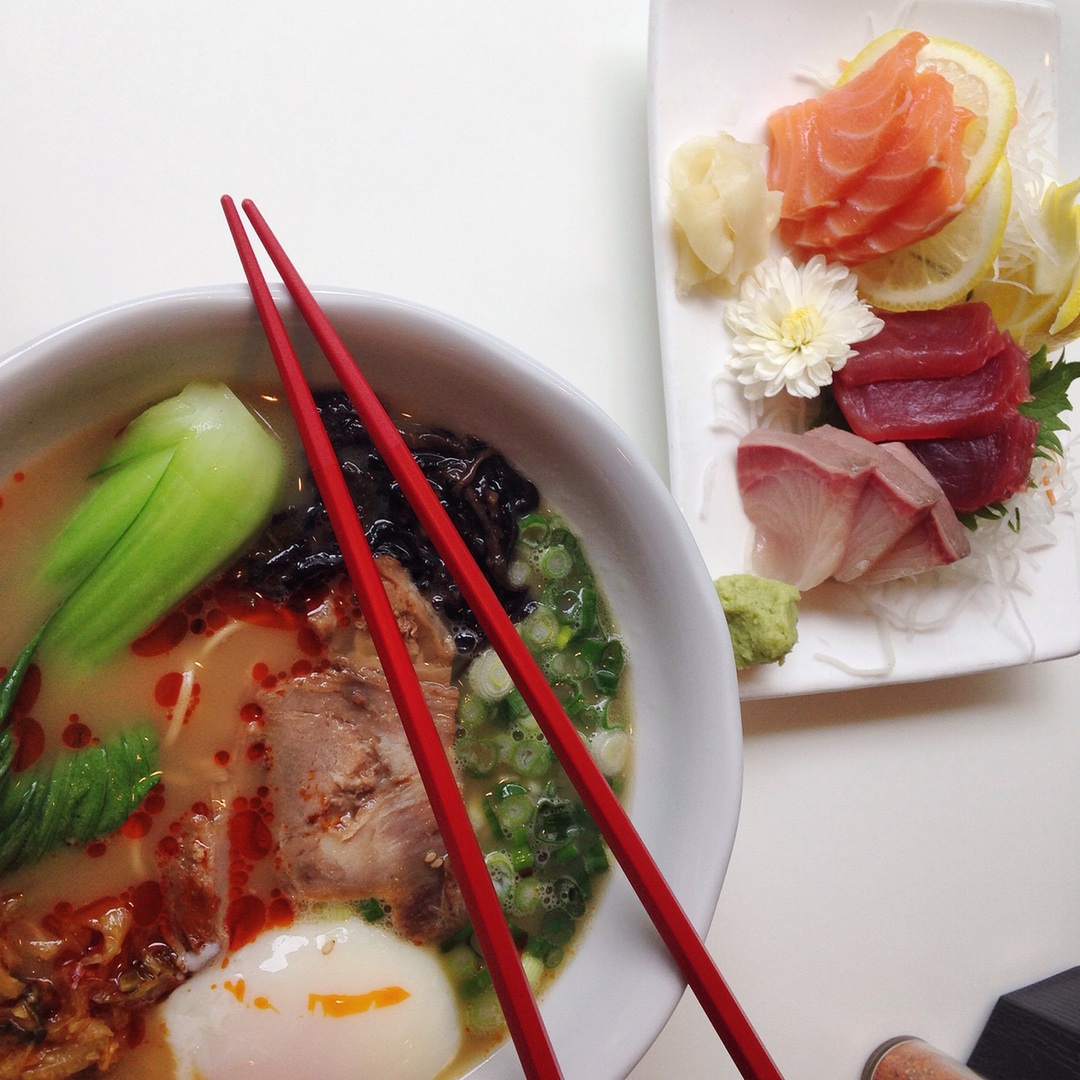According to the travel agency, China Highlights, an estimated 98.9 million people traveled to China for tourism, business and work in 2015. This should be no surprise since China has established a reputation for itself as a central hub for companies all over the globe; companies like Apple and Ford have production and manufacturing based in China for some (if not all) of their products. With so many business travelers flocking to this country on work-related assignments, it’s important to acknowledge that there are strong cultural differences to be aware of. When making a first impression, whether you’re meeting with potential clients or trying to land a sale, you don’t want to be the person who accidentally offends someone in their home country.
Overall, China is considered an indirect country in that almost everything is open to interpretation. This is a big factor in understanding cultural differences because it helps us to take into consideration how they think and function as a society. In this article, we’ll break down some key tips to keep in mind while traveling for business in China.
Be sure to properly acknowledge those older or higher in the company than you
Chinese culture puts a big emphasis on the age-old rule of respecting your elders. It is taken very seriously in China to properly address those who are older than you or those who are above you in company rank. Failing to give proper respect and acknowledge your place is very likely to be found offensive and could damage your own reputation within the company. Offering a simple gift is a great way to show a sign of respect.

Don’t talk about anything relating to death
The concept of death is a very ominous subject in Chinese culture and can be very uncomfortable to talk about. Discussing this subject might be taken as a sign of bad luck to come. White represents death, unlike black in the United States, so be weary of giving any gifts that are white or wrapped in white packaging to potential business partners or clients.
Don’t over compliment their English-speaking skills
This may sound a bit absurd, but if you think about it, complimenting a Chinese person’s English can imply that there is nothing else worth complimenting and thus, can be slightly insulting. Whether your Chinese hosts speak perfect English or not, don’t make a big deal out of it and focus on other topics of conversation.
Don’t offer to pay & don’t order for yourself
When you are traveling for business, it’s pretty common to take clients out and entertain them. It is customary in China, however, that the eldest or the highest in company rank will take responsibility for acting as host and will order food and beverages for the table. It is not out of the ordinary for them to not ask preferences before ordering, but depending on the situation, it may be acceptable for you to tell them your likes and dislikes. They will also pay for the meal, as it is not customary to split the bill and it could be seen as an insult if you offer to chip in.

Don’t stick your chopsticks upright in your food
When you are finished eating, always place your chopsticks laying flat on top of your plate or bowl. In China, offerings are made to the dead with chopsticks sticking upright, so this could be seen as a bad sign or a curse. If you are out dining with clients, this might be an easy, innocent mistake to make as a foreigner. According to Wandering Educators, this is a good rule to know for almost any other country that uses chopsticks as well.
Give & receive items with both hands
In China, it is seen as a sign of respect to either give or receive something with both of your hands (not just one). Since, in business, it is very important to make a good impression, giving or receiving an item with both hands shows that you are interested and paying full attention to the person you are dealing with. Cultural Savvy’s advice is the next time you are handed a business card by a Chinese person, be sure to accept it with two hands and don’t immediately put it away in your pocket or wallet.
If you’re planning on heading out to China any time soon, it would be wise to educate yourself on one of the world’s oldest cultures. It may be surprising to find that within one country there are actually quite a number of different ethnic groups with their own rules and customs that they live by. Study the region you will be visiting and see what the locals there expect from foreign visitors. For pleasure or for business, it is always a good idea to brush up on your cultural knowledge before entering unfamiliar territory.